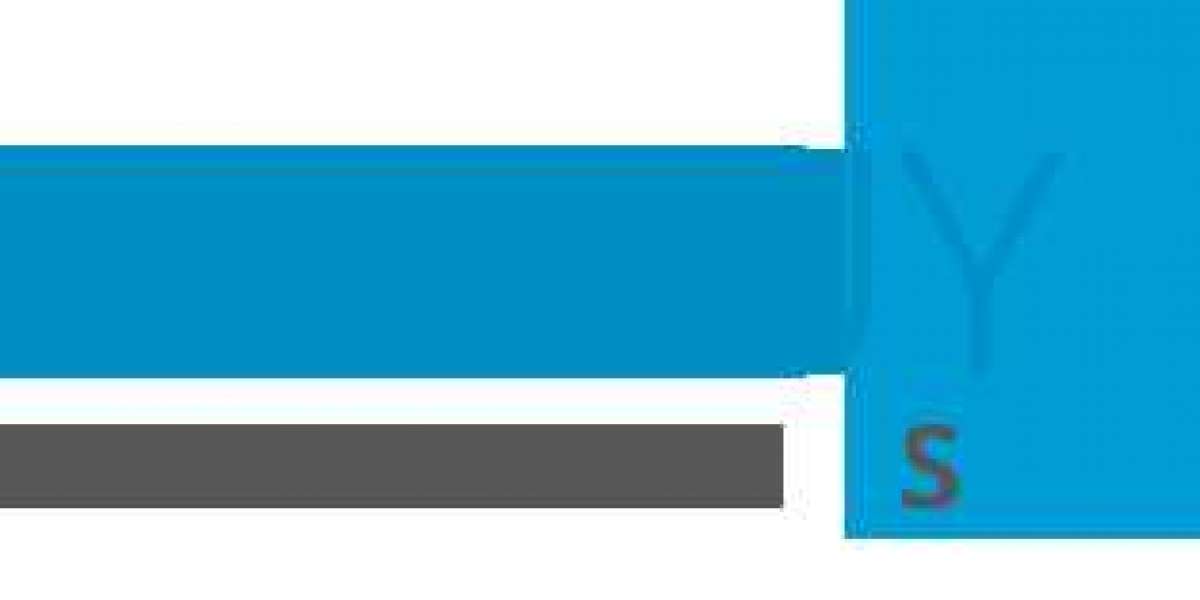Introduction
In the pursuit of homeownership, many potential buyers face daunting challenges, particularly when it comes to securing financing. High down payment requirements and strict credit criteria often act as barriers to entry for first-time homebuyers and those with limited financial resources. Fortunately, FHA loans (Federal Housing Administration loans) provide a viable solution, offering accessible and affordable financing options. This article explores the key features of FHA loans, highlighting how they serve as a gateway to affordable housing with minimal down payment requirements.
What are FHA Loans?
FHA loans are government-backed mortgages designed to make homeownership more attainable for low- to moderate-income individuals and families. Established in 1934 during the Great Depression, the Federal Housing Administration aims to increase homeownership rates and stabilize the housing market. FHA loans have become particularly popular among first-time homebuyers due to their flexible terms and lower entry barriers.
Key Features of FHA Loans:
- Low Down Payment Requirements
- Flexible Credit Score Standards
- Competitive Interest Rates
- Lower Closing Costs
- Assumable Loans
Why Choose FHA Loans?
1. Low Down Payment Requirements
One of the most compelling reasons to consider an FHA loan is its minimal down payment requirement.
3.5% Down Payment: FHA loans allow qualified borrowers to purchase a home with a down payment as low as 3.5% of the purchase price. For instance, if you're looking to buy a home valued at $300,000, your required down payment would only be $10,500. This feature significantly lowers the initial financial burden on buyers, making it easier to transition into homeownership.
Alternative for Lower Credit Scores: If your credit score is between 500 and 579, you may still qualify for an FHA loan, but the down payment requirement increases to 10%. This accessibility allows many individuals and families who might struggle to save a larger down payment to enter the housing market.
2. Flexible Credit Score Standards
FHA loans are known for their flexible credit score standards, catering to a wider range of borrowers.
Lower Credit Score Acceptance: Unlike conventional loans, which often require a minimum credit score of 620, FHA loans accept scores as low as 500. This flexibility opens the door for many first-time buyers and those with less-than-perfect credit histories.
Opportunity for Rehabilitation: For individuals who have faced financial challenges, such as bankruptcy or foreclosure, FHA loans provide a pathway back to homeownership. After a waiting period, you may be eligible to secure an FHA loan, allowing you to rebuild your financial future.
3. Competitive Interest Rates
Another notable benefit of FHA loans is their competitive interest rates.
Lower Borrowing Costs: Because these loans are backed by the government, lenders are often willing to offer lower interest rates compared to conventional loans. This can lead to significant savings over the life of the loan.
Affordability for Buyers: The lower interest rates associated with FHA loans contribute to reduced monthly mortgage payments, making homeownership more affordable for families and individuals.
4. Lower Closing Costs
FHA loans also provide the advantage of lower closing costs, which can ease the financial strain of purchasing a home.
Financing Closing Costs: FHA loans allow borrowers to finance certain closing costs into the loan amount, minimizing the cash needed at closing. This feature is particularly beneficial for first-time homebuyers who may have limited cash reserves.
Reduced Upfront Expenses: Lower closing costs mean that buyers can preserve more of their savings for other important expenses, such as moving costs or home repairs.
5. Assumable Loans
FHA loans offer a unique feature known as assumable loans.
Transferable Mortgages: This means that if you decide to sell your home, the buyer can assume your FHA loan, provided they meet eligibility requirements. This can be an attractive option if interest rates rise, as it allows the new buyer to benefit from your existing lower-rate mortgage.
Increased Marketability: Homes with assumable loans may attract more potential buyers, providing a competitive edge in the real estate market.
Conclusion
FHA loans serve as a valuable resource for individuals and families seeking affordable housing with minimal down payment requirements. Their low entry barriers, flexible credit standards, competitive interest rates, and other benefits make them an ideal choice for first-time homebuyers and those looking to achieve the dream of homeownership. By understanding the advantages of FHA loans, you can take the necessary steps to unlock the door to your new home and embark on a fulfilling journey of homeownership.








